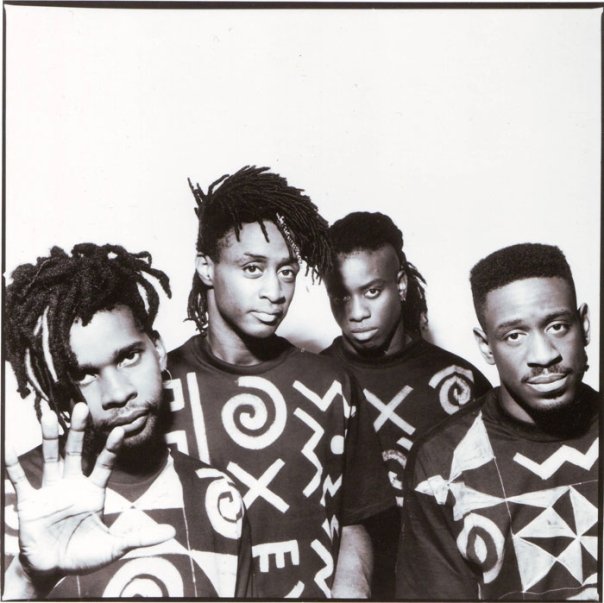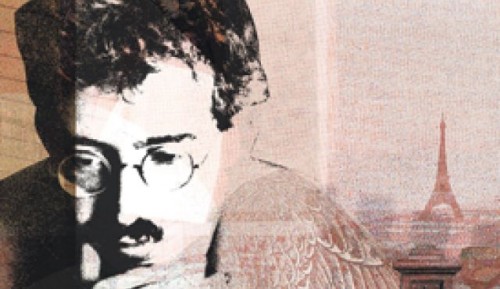
The Cult of Personality
Cult of Personality by Living Colour
“Look in my eyes
What do you see?
The cult of personality…
Neon lights, a Nobel prize
When a mirror speaks, the reflection lies…”
This week in Art as Discourse, we read The Work of Art in the Age of Mechanical Reproduction by Walter Benjamin. In this writing, Benjamin discusses the idea of a film actor performing in front of and for a “mechanical contrivance” in comparison to the theater performer who presents for an audience. He suggests that removing the actor from his/her immediate audience and replacing the audience with a mechanical device distances the “aura” from the actor.
He states that,
For the first time—and this is the effect of the film—man has to operate with his whole living person, yet forging its aura. For aura is tied to presence; there can be no replica of it. The aura which, on the stage, emanates from Macbeth, cannot be separated for the spectators from that of the actor. However, the singularity of the shot in the studio is that the camera is substituted for the public. Consequently, the aura that envelops the actor vanishes, and with it the aura of the figure he portrays.

Walter Benjamin, photo by Ayala Tal
He goes on to say that, “the feeling of strangeness that overcomes the actor before the camera, as Pirandello describes it, is basically of the same kind as the estrangement felt before one’s own image in the mirror.” This made me think back to Siegfried Giedion‘s Mechanization Takes Command and our class discussion of “the magical mirror” in which we contemplated the idea that you can only ever see the reflection of your face, but never your actual face. This, in turn, made me think about how it is said that in dreams you cannot see your hands. Yet, in life, you cannot see your face, which, when contemplated, makes life seem just as mysterious, ethereal, and magical as the dream world… But, I digress.
Benjamin goes on to say the following about the filmed image of the actor:
But now the reflected image has become separable, transportable. And where is it transported? Before the public… This market where he offers not only his labor but also his whole self, his heart and soul, is beyond his reach… The film responds to the shriveling of the aura with an artificial build-up of the ‘personality’ outside the studio. The cult of the movie star, fostered by the money of the film industry, preserves not the unique aura of the person but the ‘spell of the personality,’ the phony spell of a commodity.
After reading this passage, I immediately thought of the song “Cult of Personality” by Living Colour. This song illustrates both the idea of the estrangement of one’s reflection in the mirror and the “spell of the personality,” which also extends to politics…

